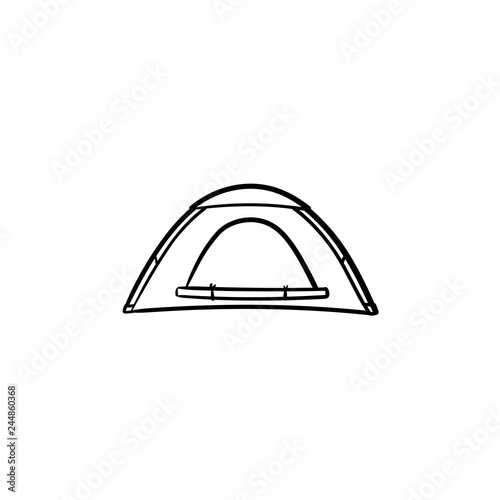Glamping tents require to be clean and properly maintained for guests' convenience. Regular treatment also lengthens the life of the tent and minimizes danger of degeneration.
Can you camp in 50 mph winds?
As an example, if a camping tent develops mold and mildew or mildew discolorations, utilize an outdoor cleaner such as Nikwax Technology Wash to extensively clean up the textile and restore its water-proof layer or layer. Make sure to carefully dry out the tent prior to storing it.
Springtime Cleaning
Outdoors tents are essentially a collection of fabrics strung with each other to provide an obstacle between the human body and the globe outside, so it's only all-natural that they absorb dampness. This can create smells and encourage mildew and mold and mildew growth, so it is necessary to extensively tidy each outdoor tents a minimum of two times a year. To do so, unfold the outdoor tents in a sunny and well-ventilated location to permit every part of the material to totally dry out.
After cleaning up an outdoor tents, it is very important to check out each stitched joint for leakages. If a seam is weak or has actually developed small openings, apply a seam sealant to prevent rainwater infiltration during fall storms.
If a camping tent has mold or other foul odors, attempt making use of a gear cleanser (Nikwax Technology Wash is our go-to). Constantly adhere to the directions on the cleaner container very closely, especially when figuring out how much time to soak the camping tent. Allowing a tent soak as well long can harm the material and deteriorate water resistant coatings.
Summer Treatment
Camping tents require normal like prevent mildew, material rot and various other problems. Spring cleaning eliminates winter months residue, summer care secures versus UV rays and pests, and autumn preparation strengthens waterproofing. An in-depth seasonal upkeep strategy saves time and money over time.
Maintain outdoors tents tidy by occasionally washing with a mild detergent and synthetic washcloth. Prevent harsher cleaners that remove safety layers. Pre-treat persistent stains before washing. If you discover mold, mildew or algae on a camping tent, on a regular basis aerate it to completely dry. Musty outdoors tents are less comfortable and may attract rodents and insects that chew fabrics and leave droppings.
Trim greenery to get rid of too much or high weeds that draw wetness right into outdoors tents. Keep glamping tents away from bodies of water to avoid mud and salt deposits that trigger decomposing, staining and lowered water-proof defense.
Fall Preparation
While glamping outdoors tents are made to hold up against the components, long term direct exposure to rainfall, sunlight, wind and cool takes its toll. Appropriate upkeep lowers damages and makes sure the best possible guest experience.
Examine glamping tents and their fabrics for loose joints, torn or harmed areas and little holes. Patch any weak points prior to fall rains show up, and apply a waterproofing treatment to stop dampness infiltration.
On a regular basis tidy and lube zippers, using cool, fresh water or a wax-based product (like chapstick). This is specifically vital after camping near salt water, where salt damages can significantly reduce zipper life.
Preserve a healthy camping setting by getting rid of weeds and trimming greenery. Too much plant life boosts wetness levels, urging mold and mildew and mildew to grow. Additionally, on a regular basis open windows and vents to maintain air quality and launch caught heat.
Winter months Storage space
Outdoors tents safeguard campers from the elements. They sustain a great deal of abuse-- rain, wind, dust and even rocks and branches-- and sometimes, they need fixing. Mold and mildew damage to outdoors tents not only makes them unsightly; it can additionally rust fabric, create perforations and tear the waterproof finishes of numerous types of outdoors tents.
Camping tent mold and mildew is probably to occur in wet conditions. It requires normal cleansing and treatment to avoid mold and smells, and to maintain water resistant finishes in good condition.
What size do Tents come in?
To treat your outdoor tents for mold and mildew, empty out the components and thoroughly tidy it. Mix a remedy of 4 parts water to one part white vinegar and make use of a sponge or soft brush. Rinse and allow the camping tent dry entirely prior to storing. Drying prior to storage unique hiking gifts space helps prevent mold and mildew growth and keeps the indoor tidy, as well. Store the camping tent in a breathable storage space bag, like a pillowcase. Stay clear of packing the camping tent, as this can grab zippers and stress the material.
